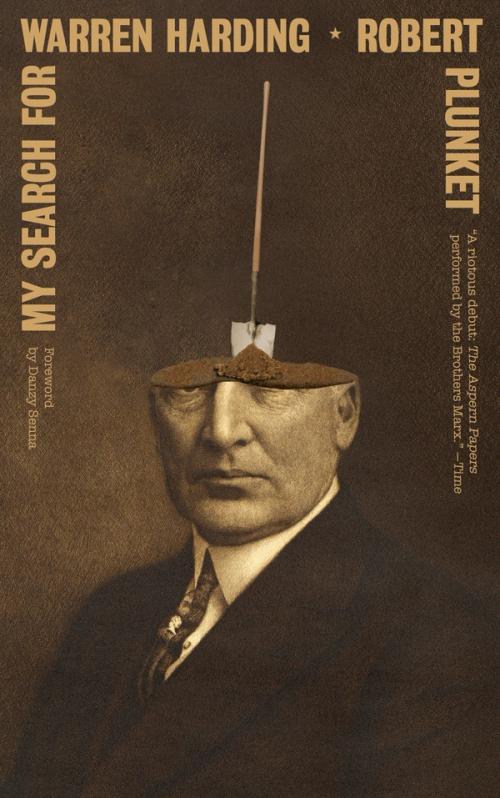Love Junkie
Fiction by Robert Plunket
Adored by the likes of Amy Sedaris, Madonna (who optioned the film rights), and Gordon Lish, Love Junkie is Robert Plunket’s cult novel of the heady heyday of gay New York at the dawn of the AIDS epidemic: scandalously long out of print, it is now gloriously reissued for a new generation of readers.
Mimi Smithers, a modern-day Emma Bovary, is a fortyish suburban housewife who has an eye for décor and dreams of hosting lavish cocktail parties. Reflecting on her time in Tehran with her Union Carbide executive husband, she says, “In the waning months of the Shah’s regime, entertaining became more and more difficult. Hams—always a problem in Islamic countries—were as rare as hen’s teeth.” After their move to Westchester, a party she hosts for Mrs. Rockefeller goes south, and she falls into a deep funk. But then life takes an unexpected turn when she tumbles down into the gay rabbit hole of Manhattan and Fire Island society and meets Joel, a porn star with a chest “as smooth as a Ken doll.” Soon she’s helping him with his lucrative mail order business (signed photographs, used underwear, “verbal abuse audiotapes”), and her real dreams and adventures begin.
Paperback(published May, 14 2024)
- ISBN
- 9780811238472
- Price US
- 16.95
- Trim Size
- 5x8
- Page Count
- 272
Ebook
- ISBN
- 9780811238489


